Description
Petroleum jelly, also known as white petrolatum, soft paraffin, or petrolatum, is a semi-solid mixture of hydrocarbons derived from petroleum. It was first marketed as Vaseline in the 1870s and is now widely used in both personal care and industrial settings.
⚙️ Properties
Petroleum jelly’s unique characteristics make it highly versatile:
- Hydrophobic: Repels water and forms a moisture-resistant barrier
- Semi-solid texture: Smooth and spreadable, adheres well to surfaces
- Melting point: Typically between 40–70°C (105–160°F)
- Chemically inert: Doesn’t react with most substances, making it safe for sensitive applications
- Non-toxic and odorless: Suitable for use on skin and in food-related industries
- Stable: Resistant to degradation from heat, light, and air
🧴 Uses & Applications
🧍♀️ Personal Care & Medical
- Moisturizer: Locks in skin moisture and prevents dryness
- Wound healing: Protects minor cuts and burns from infection
- Lip balm: Prevents chapping and soothes irritation
- Diaper rash treatment: Forms a protective barrier on baby skin
- Makeup remover: Gently dissolves cosmetics
🏭 Industrial
- Lubricant: Reduces friction in machinery and tools
- Rust prevention: Coats metal surfaces to prevent corrosion
- Leather and wood conditioner: Preserves and softens materials
- Packaging and sealing: Used in food and beverage sectors for safe sealing.
💊 Pharmaceutical
- Ointment base: Used in creams and topical medications
- Barrier creams: Protect skin from irritants
✅ Advantages
- Safe and hypoallergenic: Suitable for sensitive skin
- Cost-effective: Inexpensive and widely available
- Long shelf life: Stable under various conditions
- Multi-purpose: One product serves many roles
- FDA-approved: Recognized as a safe over-the-counter skin protectant

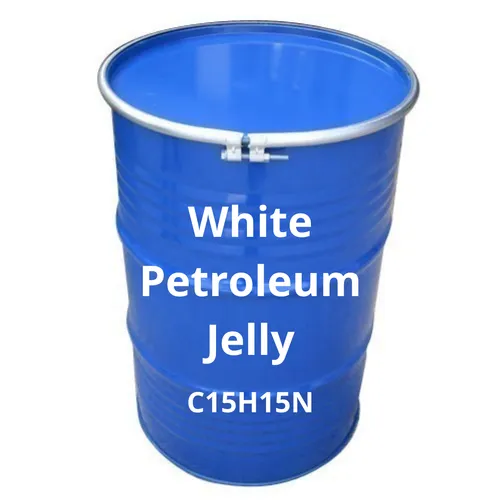
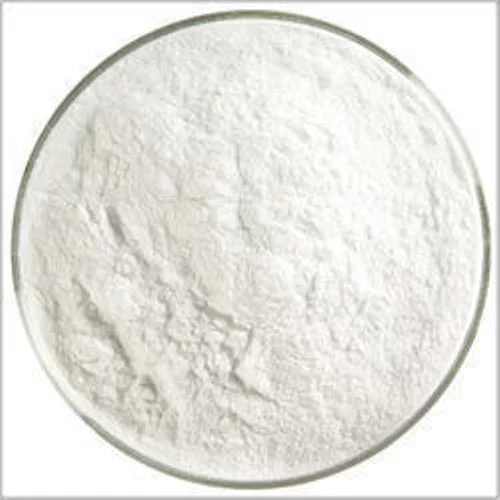
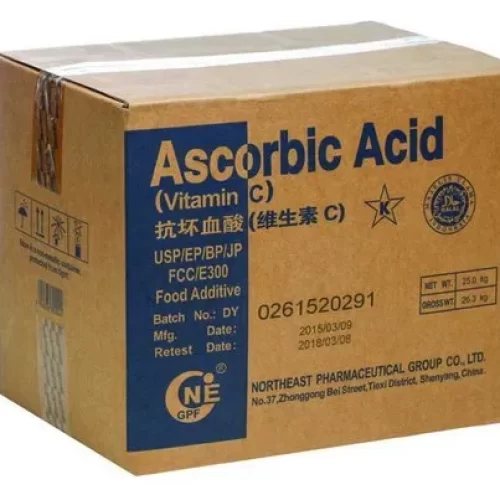
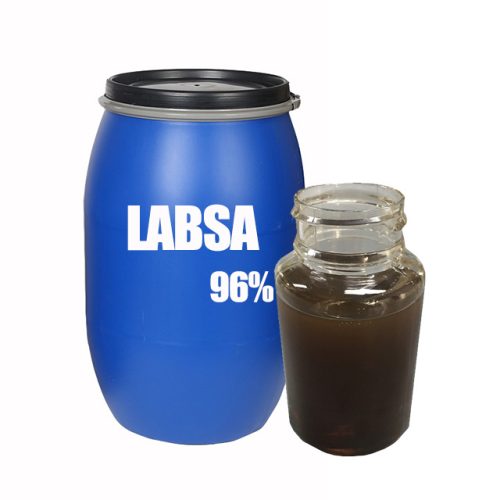
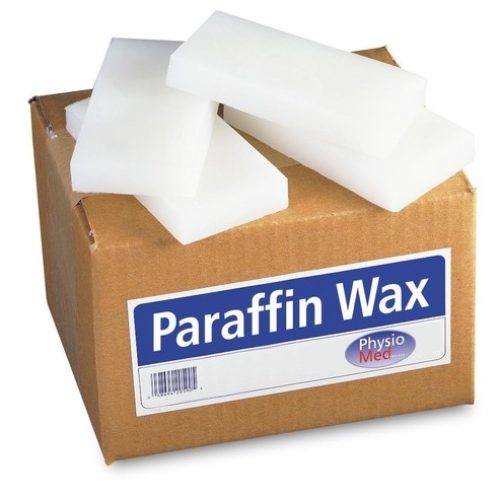
Reviews
There are no reviews yet.